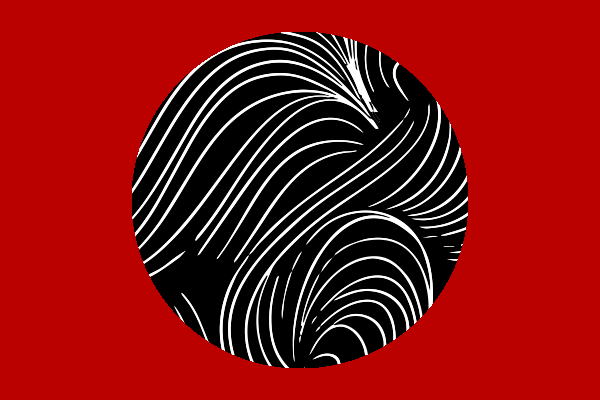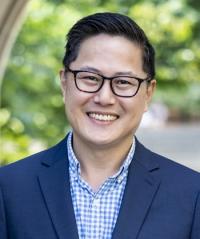Professor Min Hyoung Song to deliver 2024 Kane Lecture


Every year the Department of English invites a distinguished speaker of national or international reputation to speak about a topic relevant to the disciplines of the Department of English at the Kane Lecture, which was established on April 8, 1988, by The Ohio State University Board of Trustees. Past lecturers have included Stephen Orgel, Leela Gandhi, Stephanie Burt; this year, the Department of English is pleased to welcome Professor Min Hyoung Song as he delivers our 2024 Kane Lecture, “How to Hold on to the World.”
Song is the chair of the English Department at Boston College, where he focuses on working with faculty to give students the best education possible. He says it’s “exciting to feel that everyone in the department is working toward a greater purpose, and in the pursuit of this purpose we are building something together.”
Literary education has always been important to Song, whether that is focusing on climate change through literature or focusing on the broader idea of studying literature itself. When Song was an undergraduate, he took a class on literary theory that, he explains, “was full of abstract books that challenged me to think deeply about what it means to study literature and culture.” This course, along with a course on Asian American Literature, fostered Song’s interest in exploring new ideas. He says, “I don’t think I realized until I took both classes how hungry I was intellectually both to read books that I hadn’t encountered in other courses and to think more critically about the way I read.” The ideas brought up in these courses fueled Song’s research. “These twin impulses have sustained me for decades, as my research continues to push me to look for books I haven’t encountered before and to read self-consciously, always wondering about the assumptions I’m making and where they might be leading my thinking,” Song explains.
Song’s most recent book, Climate Lyricism, explores literature through a climate change-centered reading practice. He recalls a particularly hot summer in 1988 that led him to think more deeply about climate change. He describes, “I was working as a day camp counselor and the heat got so bad, we often couldn’t do our usual activities because none of the rooms were air conditioned and we ended up taking the kids swimming a lot more often than planned.” That summer Song also remembers James Hansen testifying before Congress with evidence of human activity warming the planet. “For many of us in the US, climate change seems to remain an abstraction ... or a problem for someone else in the future to deal with,” Song says. This mindset about climate change pushed Song to explore ways for more people to understand and connect with this topic. He turned to literature. Song believed that “if we sought to foreground these topics more ... in how we read literature, especially literature that wasn’t explicitly about its environmental themes, we could cultivate a habit of thought that allowed us to see climate change as something that was shaping our everyday lived experiences.”
As Song looks to future projects, he is inspired by his work from both Climate Lyricism and his upcoming Kane Lecture. He hopes to dig deeper into his lecture topic through a longer piece of written work. “It’s not all that important to me that it ever gets published or if others want to read it, as much as working on it allows me to spend time reflecting on the remarkable lives my parents led and the life they’ve made possible for me,” Song says. He has also been working on a project that continues his work in Climate Lyricism, in order to “figure out as much as I can what the study of literature can contribute to efforts in the natural and social sciences to understand how the Earth’s natural systems work, the role human activity is playing in unbalancing such systems.”
In his lecture, Song will explore why anyone should major in English or another humanities major, a question that he has been pondering since the loss of his mother, with whom he shared a deep respect for literary education. Song says, “I hope the answers I’ve come up with will surprise, challenge and even lead those who attend to think differently about what a college education should be about.”
During Song’s lecture he hopes to engage with his audience: “I very much want to make a case for how words themselves can offer us a way to think together that is often undervalued in a world that’s so dominated by screens, flashing images and constant stimuli of so many different kinds.” Professor Christopher Highley, one of this year’s Kane Lecture organizers, shares Song’s hopes, saying “I hope our students will be inspired by the talk and will see how far they can go with an English major.”
Professor Song will deliver the 2024 Kane Lecture on February 29 at 4 p.m. in 311 Denney Hall. This event is free and open to the public; to learn more, visit the Kane Lecture event page.
